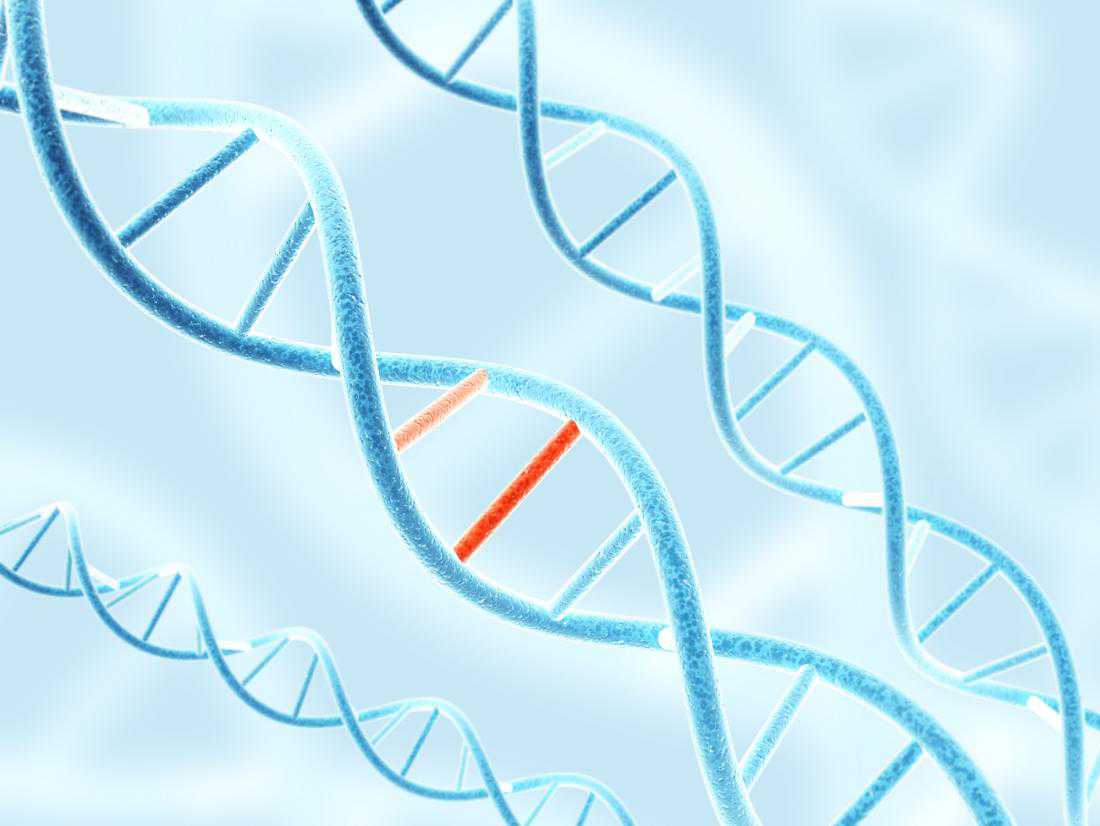Could we use gene mutations to treat diabetes and heart disease?
04 October, 2018

Genes that control one aspect of our health can also influence others. Now, a recent study has revealed such a link between mutations of three genes that control cholesterol and a lower risk of certain cardiovascular conditions and type 2 diabetes.
Researchers at the Stanford University School of Medicine as well as the Veteran Affairs Palo Alto Health Care System, both in California, have led an investigation that linked genetic information on 300,000 veterans to their electronic health records.
It focused on three gene variants, or mutations, that change the way their associated genes behave.
Studies of gene mutations usually uncover how they damage health or give rise to disease, but in this study, the gene variants are all linked to positive effects.
Veterans who carried any one of these three gene variants not only had better levels of blood cholesterol, but also — depending on the gene — a lower risk of developing type 2 diabetes, coronary heart disease, or abdominal aortic aneurysm.
The investigators suggest that their findings — which now feature in the journal Nature Genetics — offer valuable information for developing drugs to treat the conditions associated with the three genes.
The genes are: ANGPTL4 for type 2 diabetes, PCSK9 for abdominal aortic aneurysm, and PDE3B for coronary heart disease.
The 'power of numbers'
For a genetic study such as the recent one to give significant results, it must draw on the "power of numbers."
The Million Veteran Program (MVP), which was set up in 2011, offers such an opportunity. Its aim is to explore the relationship between genetic variation and health in military veterans in the United States.
The MVP gave the researchers access to genetic information on 297,626 — including 57,332 black and 24,743 Hispanic — veterans for whom there were also electronic health records containing measures of their cholesterol.
By bringing the MVP data together with "data from the Global Lipids Genetics Consortium," the team was able to identify 188 genetic markers of cholesterol that were already known about and 118 that were not.
Then, by applying an approach called a phenome-wide association study, the team picked out the cholesterol-associated gene variants that were also associated with other health factors or conditions in the MVP data.
The result was that variants in ANGPTL4, PCSK9, and PDE3B appeared not only to favor beneficial cholesterol levels but were also linked to a lower risk of developing type 2 diabetes, abdominal aortic aneurysm, and coronary heart disease, respectively.
These associations were previously unknown; the PCSK9 variant was already known to lower risk of heart disease, but this was the first study to tie it to a lower risk of abdominal aortic aneurysm.
TAG(s):
